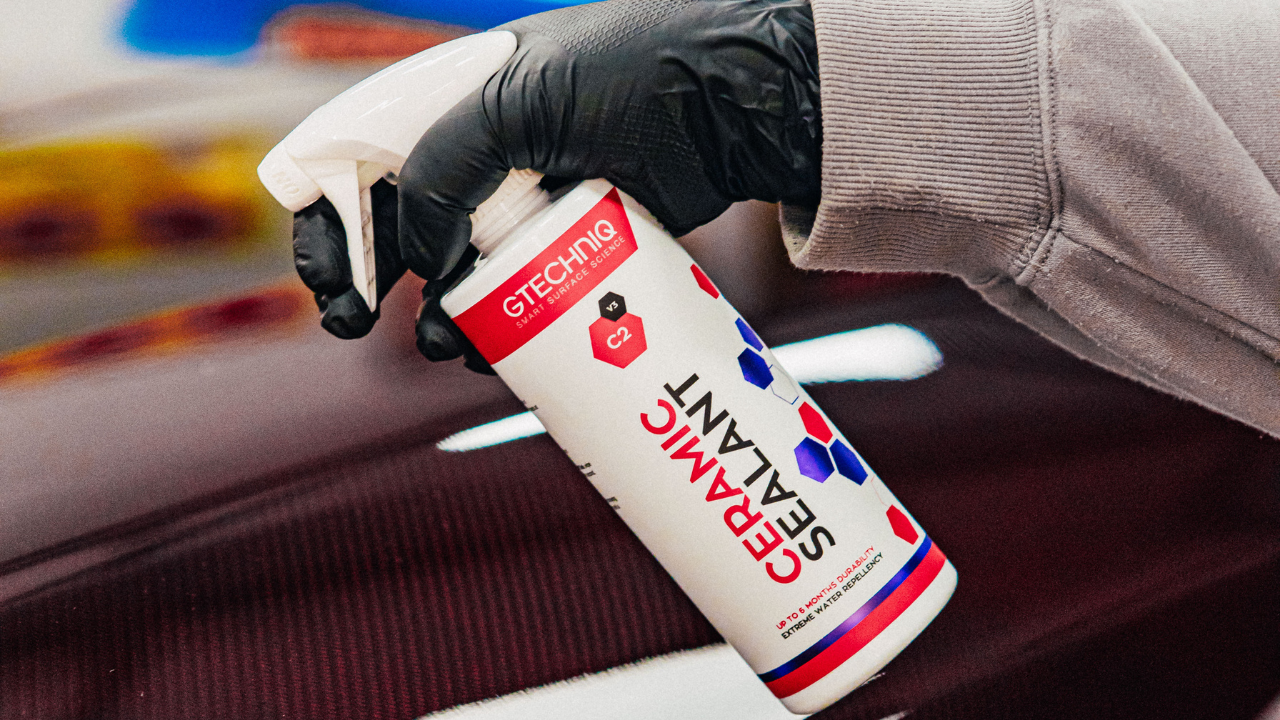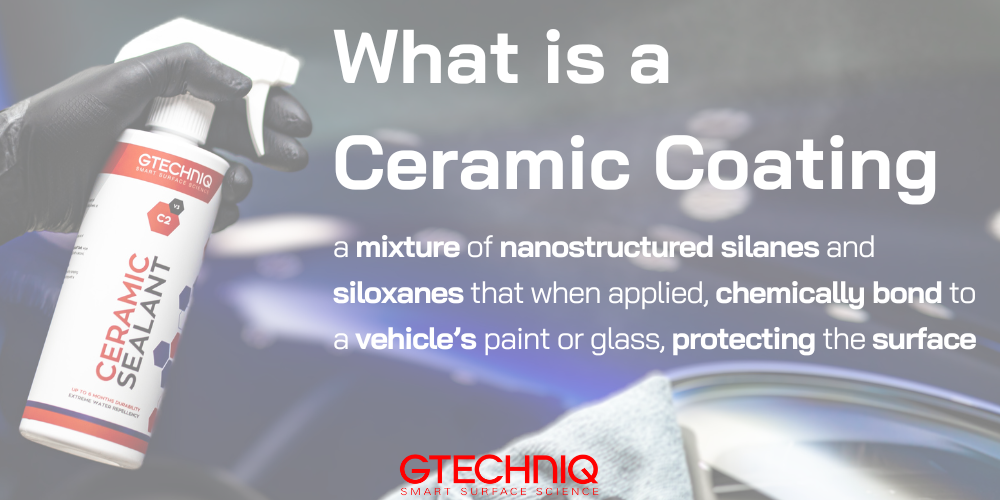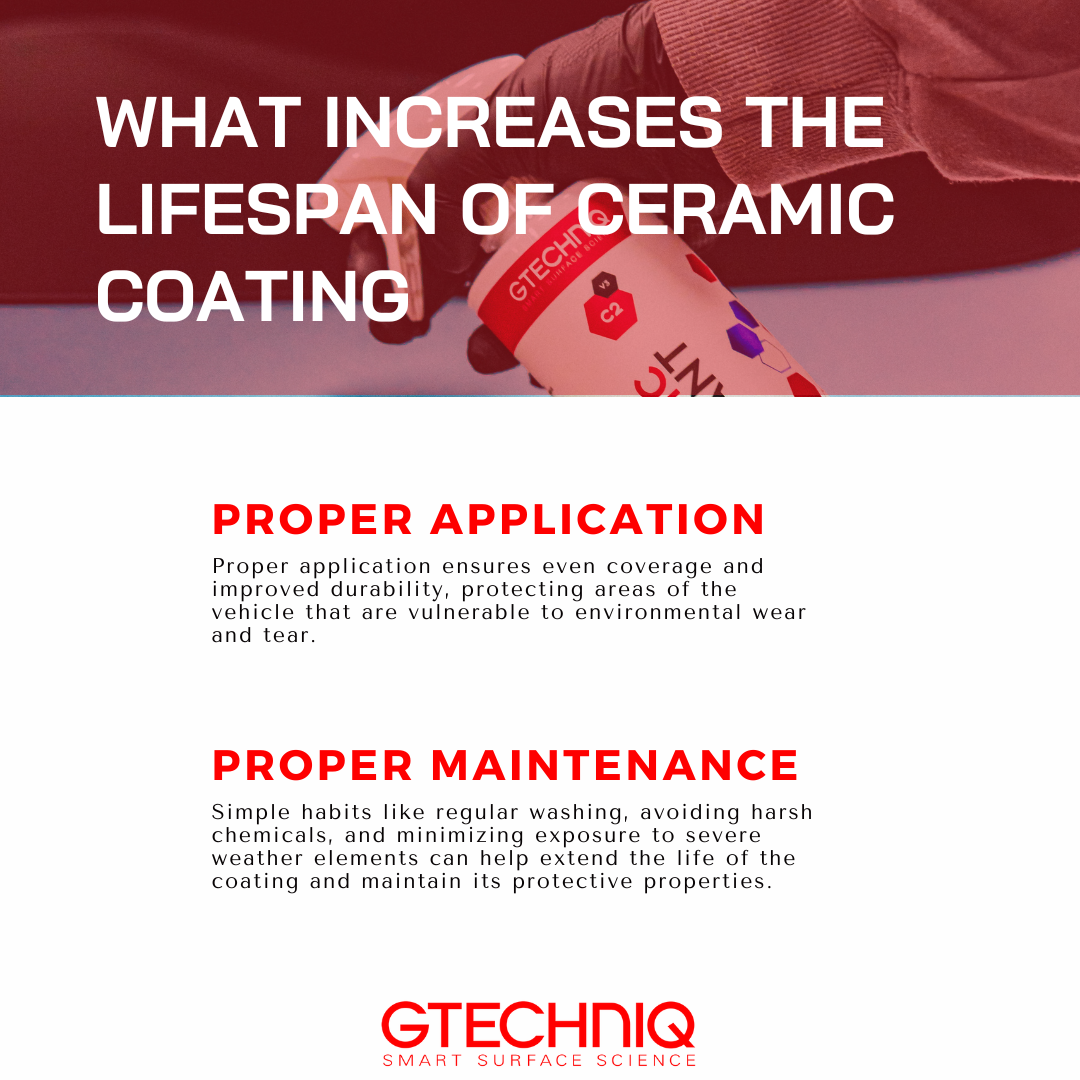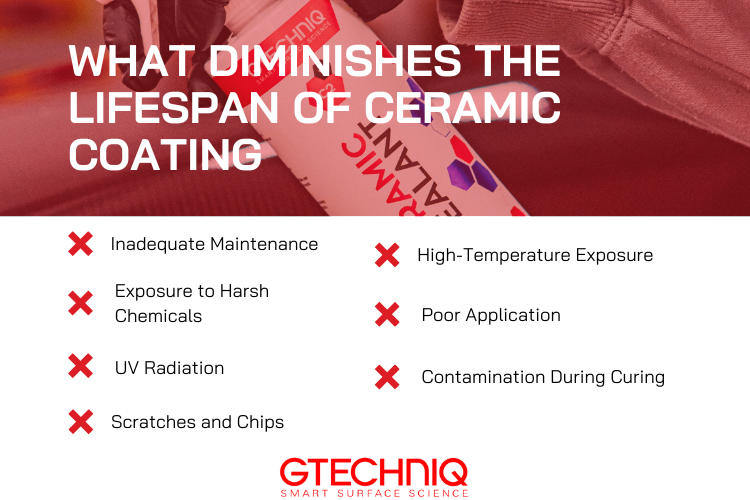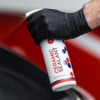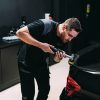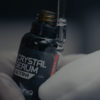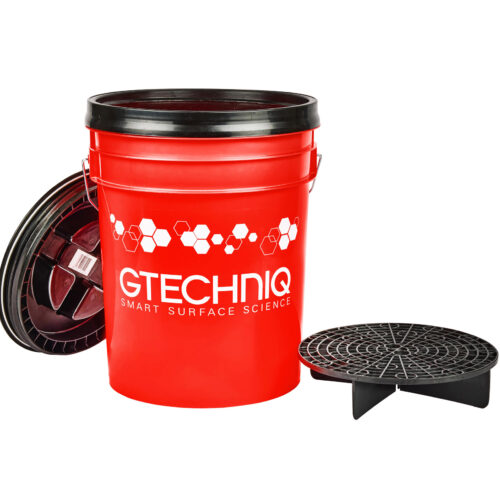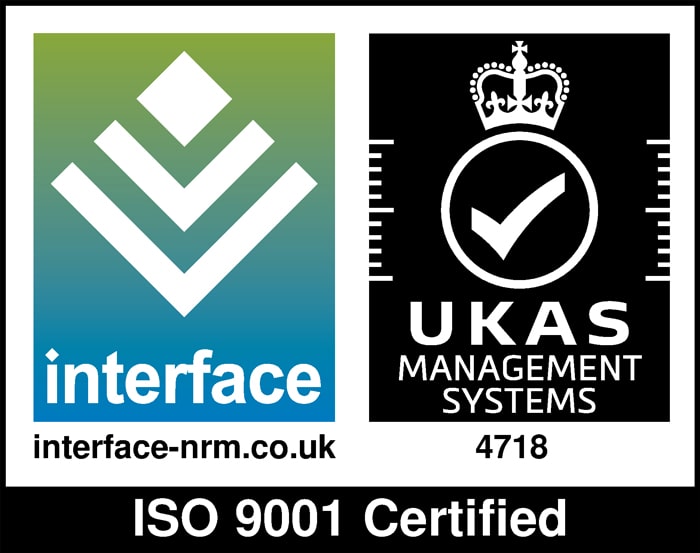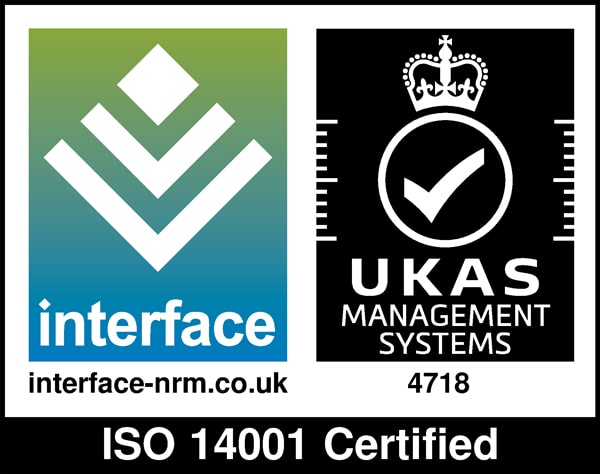How Long Does Ceramic Coating Last
Simply put, a high-quality professional ceramic coating, when applied correctly and maintained properly, can last for several years. The lifespan typically ranges from 2 to 10 years. It’s important to remember, though, that factors such as the product quality, application process, and most importantly, aftercare, play significant roles in determining the actual duration of a ceramic coating’s lifespan.
What is a Ceramic Coating
To understand how long a ceramic coating can last, it’s essential to understand the specifics of what a ceramic coating is and how it functions.
A ceramic coating is a mixture of nanostructured silanes and siloxanes that when applied, chemically bond to a vehicle’s paint or glass. This forms a protective layer of silicon dioxide that bonds with the boat, bike, or car’s paintwork, creating a shield that provides superior protection against environmental conditions. This protective layer prevents minor scratches, harmful UV rays, acid rain, and harsh chemicals, among others, from causing damage to the vehicle’s paint.
What Increases the Lifespan of Ceramic Coating
1. Proper Application
If a ceramic coating is not applied correctly, it can result in uneven coverage, reduced durability, and compromised protection. This means that areas of the vehicle may be left vulnerable to oxidation, staining, and other types of environmental wear and tear, which will directly impact how long the ceramic coating will last.
For example, our Crystal Serum Light comes with a 5-year guarantee when applied by a Gtechniq accredited professional detailer, and our Crystal Serum Ultra is backed by a 9-year guarantee when applied by a specially trained accredited Gtechniq detailer.
2. Proper Maintenance
A common misconception is that once applied, ceramic coatings need little to no regular maintenance. Truth is, how you take care of your ceramic coating greatly influences its longevity.
Accomplishing this doesn’t have to be complex or taxing. Regular washing, for instance, plays an essential role in maintaining the coating’s hydrophobic properties, which enable it to repel water and other contaminants. Without regular cleaning, accumulated dirt and grime can wear down the protective layer over time, compromising the ceramic coating and its ability to protect the car’s paint.
Additionally, avoiding harsh chemicals and exposure to severe weather elements can also help extend the life of a ceramic coating. While ceramic coatings are engineered to protect against harsh conditions, constantly exposing your vehicle to harsh weather like acid rain, direct sunlight, and extreme temperatures can potentially accelerate the degradation of the coating.
Although ceramic coating provides a protective shield, it’s not impervious to all damage and wear. For instance, if a minor scratch occurs, a timely paint correction can prevent further deterioration, ensuring your coating continues to offer optimum protection for an extended period. In a nutshell, incorporating routine car washes into your schedule and paying attention to your vehicle’s exposure to harsh elements can help ensure your ceramic coating provides long-lasting protection.
What Diminishes the Lifespan of Ceramic Coating
1. Inadequate Maintenance
Regular maintenance is essential to extend the life of your ceramic coating. Failure to wash your vehicle regularly can lead to dirt and grime accumulation, which can wear down the coating’s protective layer.
2. Exposure to Harsh Chemicals
Exposure to harsh chemicals, including household cleaners, bug and tar removers, and even some car wash products, can damage the ceramic coating. These chemicals can strip away the coating’s protective layer, reducing its effectiveness and shortening its lifespan.
3. UV Radiation
Prolonged exposure to UV radiation can cause the ceramic coating to degrade over time and break down the molecular structure of the coating, leading to a loss of its hydrophobic properties and a reduction in its protective abilities.
4. Scratches and Chips
Scratches and chips in the paint can provide an entry point for water and other contaminants to seep into the coating, reducing its effectiveness and shortening its lifespan.
5. High-Temperature Exposure
Exposure to extremely high temperatures can cause the ceramic coating to degrade or lose its effectiveness. This is especially true for vehicles that are parked in direct sunlight or are driven in extreme temperatures.
6. Poor Application
A poor application process can lead to a compromised ceramic coating that is more prone to degradation. This includes factors such as incorrect application temperature, inadequate curing time, and improper cleaning procedures.
7. Contamination During Curing
Contamination during the curing process can affect the quality and longevity of the ceramic coating. This includes factors such as dust, dirt, and moisture getting trapped between the coating and the paint surface.
By understanding these factors that can diminish the lifespan of your ceramic coating, you can take steps to prevent them and ensure that your vehicle’s protection remains effective for as long as possible.
When Is The Best Time to Get a Ceramic Coating
The optimal time to apply a ceramic coating depends on several factors, including environmental conditions and vehicle usage. For most vehicle owners, it’s ideal to apply a ceramic coating after purchasing a new vehicle or following a fresh paint job to ensure maximum protection from the start. However, any time can be the right time but we recommend taking seasonal considerations into account.
Seasonal Considerations
Spring:
Spring is often considered the best season for applying ceramic coatings. The moderate temperatures, lower humidity levels, and extended daylight hours during this time create ideal conditions for the coating to cure properly, ensuring optimal bonding and long-lasting protection.
Fall:
Fall is another excellent time for ceramic coating application. The cooler temperatures and reduced humidity levels in late fall help prevent issues like moisture contamination during the curing process.
Winter:
While winter is not typically recommended due to the cold temperatures and potential for moisture, it can still be a viable option if you have access to a controlled indoor environment.
Summer:
Summer can be challenging due to high temperatures and humidity, which can interfere with the curing process. However, if you must apply a ceramic coating in summer, ensure it is done in a shaded, well-ventilated area or a controlled indoor environment.
Why You Should Get a Ceramic Coating
A ceramic coating is a great investment for any vehicle owner who wants to maintain their vehicle’s appearance and protect its surface. Here is why you should consider getting a ceramic coating:
1. Improved Durability and Protection
A ceramic coating is incredibly durable and offers excellent protection against the harsh conditions of everyday driving. It is resistant to minor scratches and chips and shields your vehicle’s paint from weather elements such as UV rays, water, and extreme temperatures.
2. Easier Maintenance
A ceramic coating makes maintenance a breeze. It repels dirt and grime, making it easy to clean your vehicle and preventing the buildup of contaminants, which means that you’ll spend less time and effort cleaning your vehicle, and you’ll get better results.
3. Reduced Water Spots
A ceramic coating reduces the risk of water spots forming on your vehicle’s surface. Water spots can be difficult to remove and can leave marks on your vehicle’s paint. With a ceramic coating, you can say goodbye to water spots and hello to a streak-free finish.
4. Enhanced Appearance
A ceramic coating gives your vehicle a shine and gloss that will make it stand out from the crowd. The coating fills in minor scratches and imperfections, giving your vehicle a smooth, even finish that will impress anyone.
5. Increased Resale Value
A ceramic coating can improve your vehicle’s resale value by protecting it during use and maintaining its appearance, making it look newer and better cared for. This is particularly beneficial for car owners planning to sell their vehicle in the future.
7. Cost-Effective
While a ceramic coating may seem like an additional expense, it’s actually cost-effective in the long run. With a ceramic coating, you’ll spend less time and money on maintenance and repairs, which can save you hundreds or even thousands of dollars over the life of your vehicle.
The Best Ceramic Products From Gtechniq
We pride ourselves in offering top-tier ceramic coatings and sealants that set and break industry standards. Our products, including a range of ceramic coatings and sealants for cars, boats, and bikes, are lab-built and rigorously tested to withstand the battles of daily exposure to the elements.
Our innovative technology has cemented Gtechniq’s reputation in the industry. We bring class-leading products that are proven to improve every aspect of surface care. Our ceramic coatings are designed to be long-lasting and resistant to fading from harsh chemicals. Additionally, their superhydrophobic effect prevents water spots and harsh elements from remaining on your vehicle, reducing the need for continuous intensive cleaning.
Whether you are a car enthusiast looking to preserve your vehicle’s showroom shine, a boater aiming to protect your vessel from harsh marine conditions, or a cyclist wanting to keep your bike in peak condition, we have the tools you need to maintain the value and beauty of your investments. Embrace the confidence that comes with using Gtechniq and shop our selection of ceramic coatings and sealants today!
